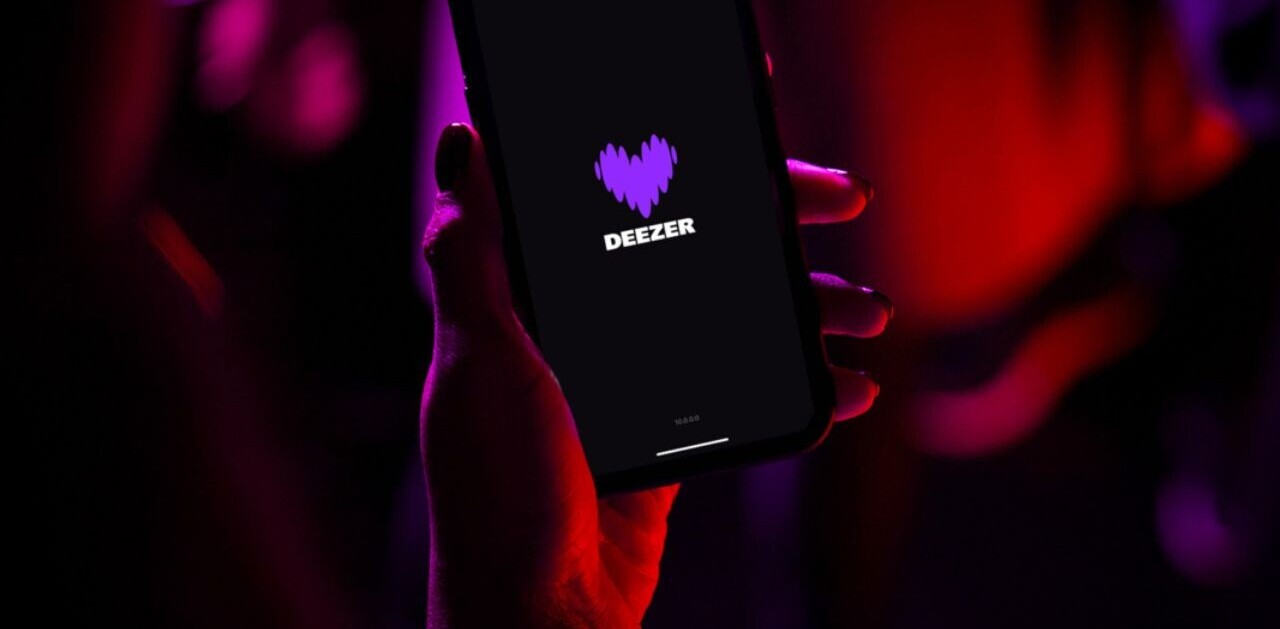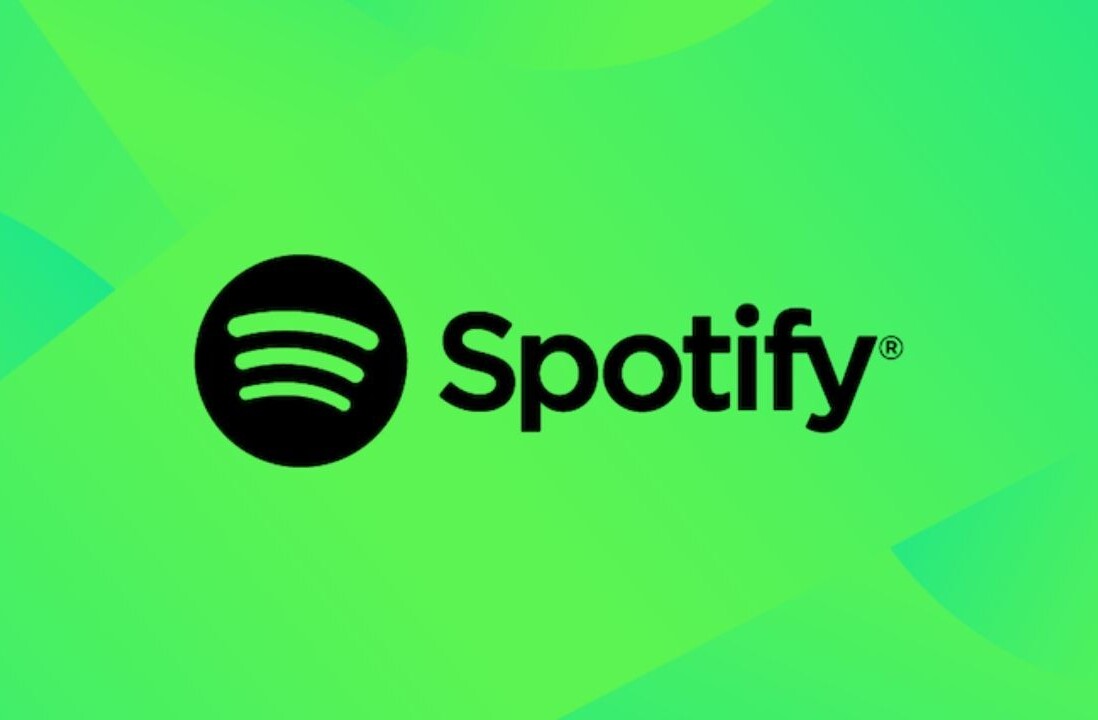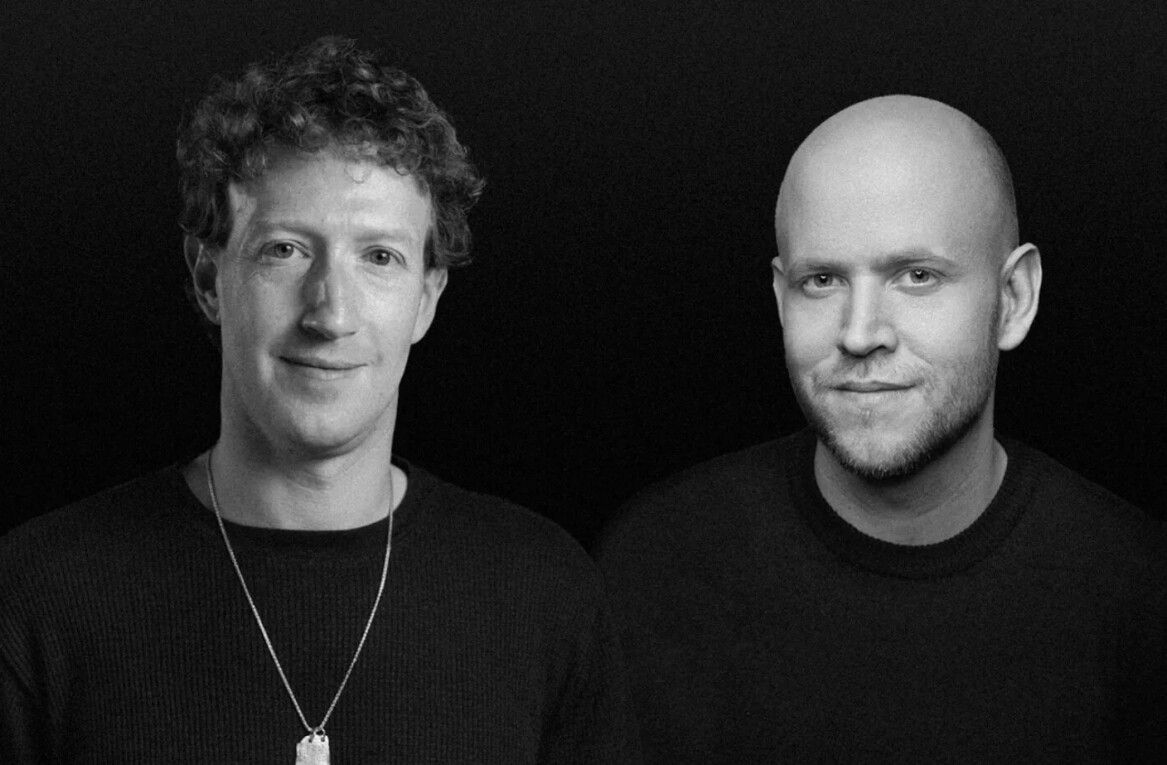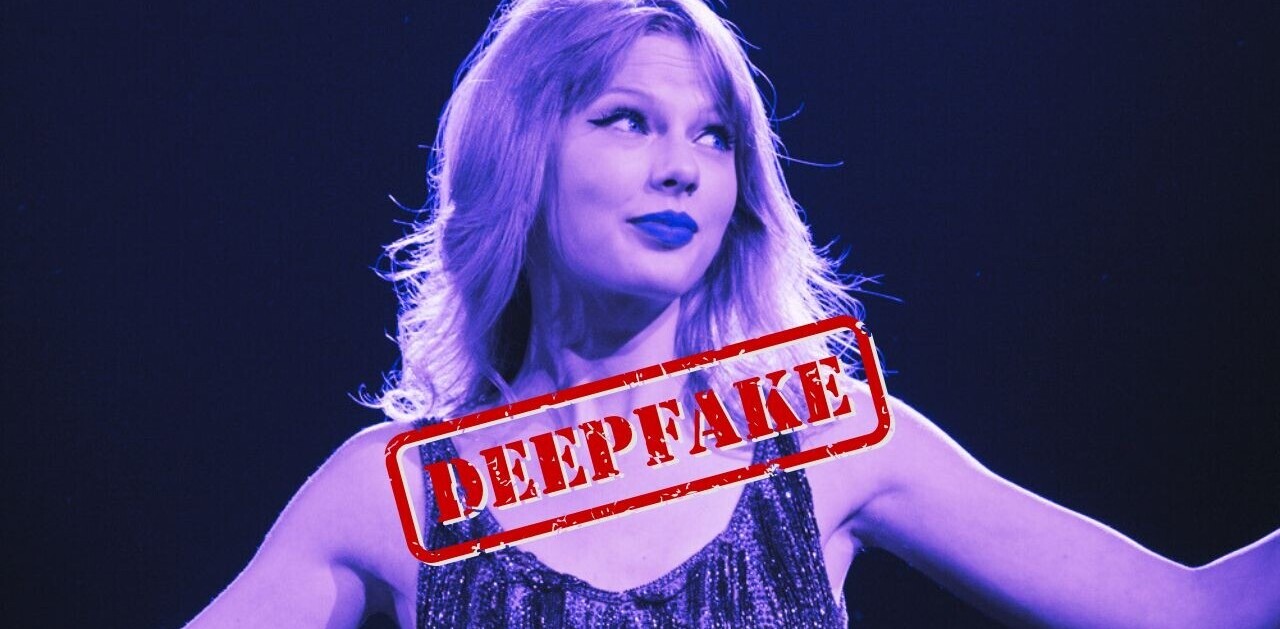
Far be it for me to become one of the haters who are going to hate, hate, hate, that Taylor Swift sings about in ‘Shake It Off’, but there’s a problem with the story that’s solidifying, portraying her as one brave artist standing against the streaming industry.
There’s Taylor Swift: the woman, about whom we actually know a lot less than you might think – despite the outwardly confessional lyrics and miles and miles of column inches dedicated to her – and Taylor Swift: the brand, Taylor Swift: the corporation, for which the flesh and blood human is an avatar, acting as a vehicle for all kinds of ‘on brand’ activity.

When Swift outlines the ‘story’ behind her composing the now famous letter to Apple, which seemingly acted as a catalyst for the company to shift its stance on royalty payments to artists during the three-month free trial, I’m not entirely convinced by the narrative. She tells Vanity Fair:
I wrote the letter at around four am. The contracts had just gone out to my friends, and one of them sent me a screenshot of one of them. I read the term ‘zero percent compensation to rights holder.’ Sometimes I’ll wake up in the middle of the night and I’ll write a song and I can’t sleep until I finish it, and it was like that with the letter.
…I read it to my mom. She’s always going to be the one. I just said, ‘I’m really scared of this letter, but I had to write it. I might not post it, but I had to say it.’
The bare bones of the retelling are no doubt true, but the way in which they’re presented is very carefully done. It’s Swift defining herself as a straight-talker, inspired by injustice metered out to her friends, rather than her own self-interest, a superhero for the streaming age. There’s no mention of business people, managers, or her label, in which she has a significant stake.

The behind-the-scenes tale of Taylor’s letter to Apple is designed to sound like a tenacious teen taking on a titan, with just her mother to back her up, rather than a shrewd businesswoman taking advantage of a clear opportunity to gain commercial and publicity benefits.
It’s rare that Taylor Swift gets to be the ‘David’ in a ‘David and Goliath’ clash these days. While she still manifests her pop persona as one of the bullied and beleaguered, she’s a multi-millionaire with celebrity friends, stomping down the corridors of Fame High, shoving Katy Perry into the lockers and snapping selfies with supermodels.

The ‘fight’ with Apple –resolved within hours – was a chance to burnish an increasingly false outsider status.
That brings us to the continuation of her slams against Spotify. She’s used the Vanity Fair story and talking about the Apple letter to deliver more shots at the Swedes:
Apple treated me like I was a voice of a creative community that they actually cared about. And I found it really ironic that the multi-billion-dollar company reacted to criticism with humility, and the start-up with no cash flow reacted to criticism like a corporate machine.
Swift is treating Spotify in the same way as feckless famous men who have been filleted in her lyrics. She redefines the company for her own purposes. In this vision, it’s not a organization built by music fans or a new way of promoting songs, it’s a straight up “corporate machine”, while also, counterintuitively, a “startup with no cash flow.”
Unpick that last statement and it’s not strictly fair or accurate. Spotify does have rather a lot of cash flow and pays out significant sums to artists, it’s simply that Swift doesn’t consider its business model the right one or that those payments are sufficient.
Those are both reasonable positions to take, but characterising Spotify as a snot-nosed startup disrespecting artists is invective and also ignores the significant ownership stakes held by the major record labels.
Swift’s latest salvo against Spotify is not the principled stand of one woman against the machine – it’s one machine against machine, an extension of her earlier attack on the company delivered through the op-ed pages of the Wall Street Journal.

Taylor may live on Tumblr and Twitter, but she has many more weapons at her disposal than the average tumblring teen when it comes to airing her grievances.
In that op-ed, she wrote:
Music is art, and art is important and rare. Important, rare things are valuable. Valuable things should be paid for. It’s my opinion that music should not be free, and my prediction is that individual artists and their labels will someday decide what an album’s price point is. I hope they don’t underestimate themselves or undervalue their art.
It’s a very well-argued piece, but it’s worth noting the slight shift in tone between the ‘Tumblr’ Taylor, who writes homely calls on Apple to do right by artists, and ‘Wall Street’ Taylor, who outlines the future of the music business in the WSJ with the cold-calculation of a Machiavellian maneuverer.
The easy position for fans and commentators – and I’m both of those things – is to side with Swift. Her corporation communicates with the world in the voice of an astounding young woman and her almost perfectly-rendered pop songs (we’ll ignore the underwhelming ‘Bad Blood’ here), while Spotify struggles to sound human a lot of the time and relies on the somewhat stilted Daniel Ek as its public face.

But there are wrinkles in the Taylor Swift tale – her clumsy and ill-thought out attempt to clap back at Nicki Minaj produced a swift – pun-intended – climb down, there was an unfair contract for photographers at her shows that got snappers steaming and her people offering high-handed explanations, and there’s a growing sense that her squad of celebrity friends are often used like props.
I’ll no doubt continue to be wowed by Swift’s undoubted ability to master both the pop song and the use of social media to make herself real and relatable to fans, but I can’t shake shake shake off the feeling that the Swift vs. Spotify rumble in the streaming jungle is a clash of two big beasts, not one scrappy underdog biting at ‘the man’s’ heels.
Get the TNW newsletter
Get the most important tech news in your inbox each week.





